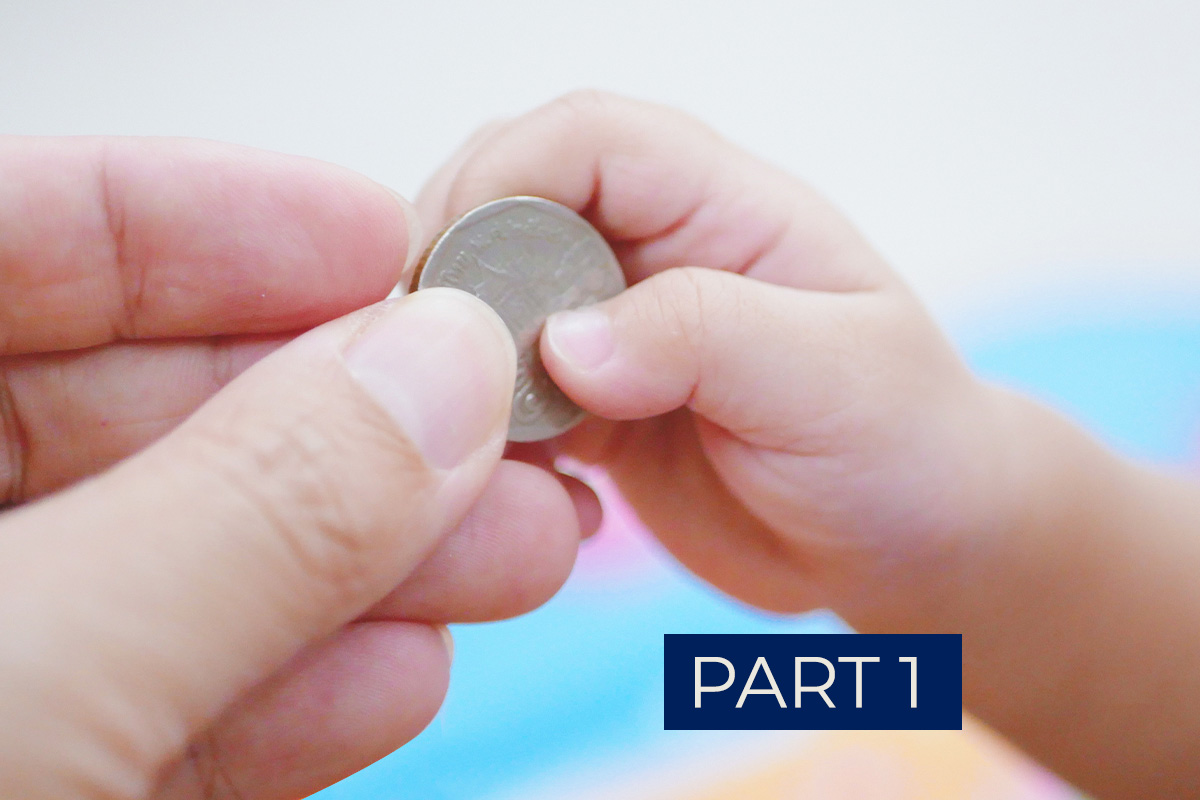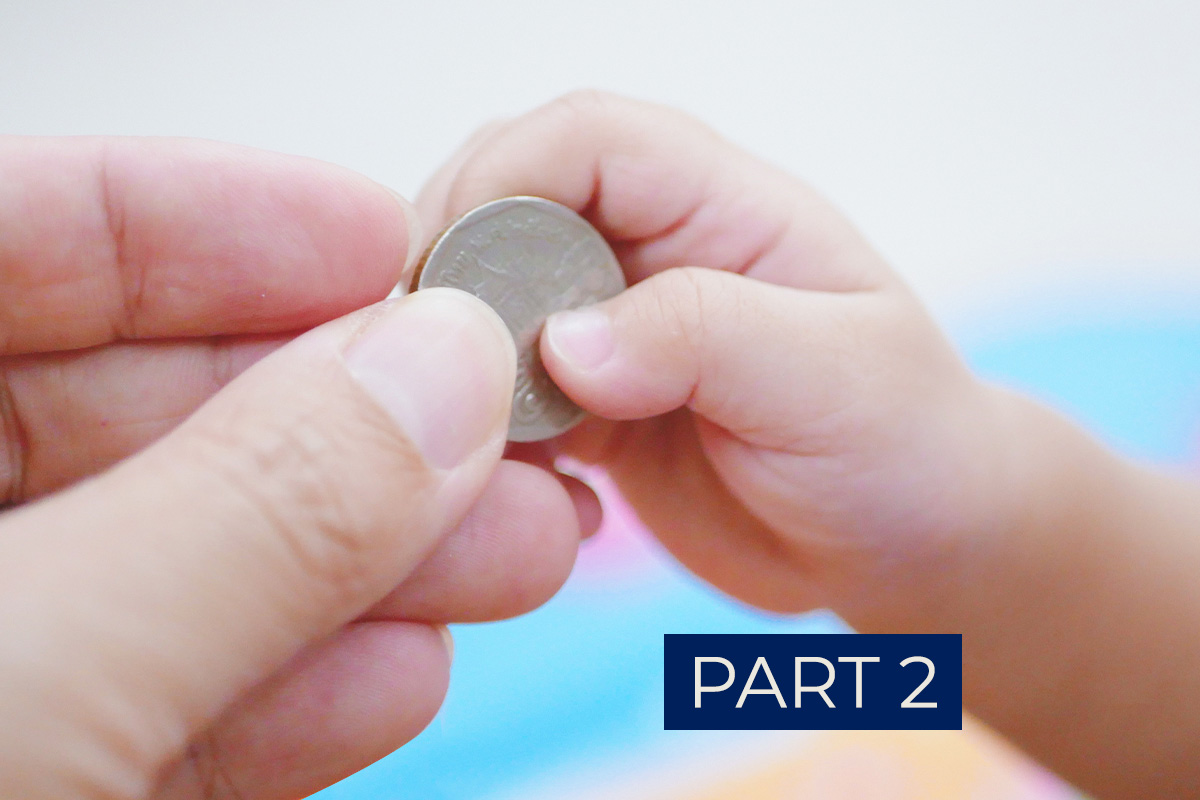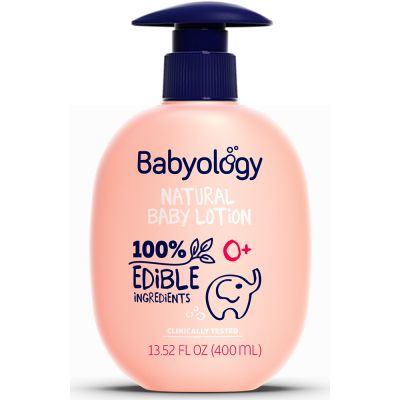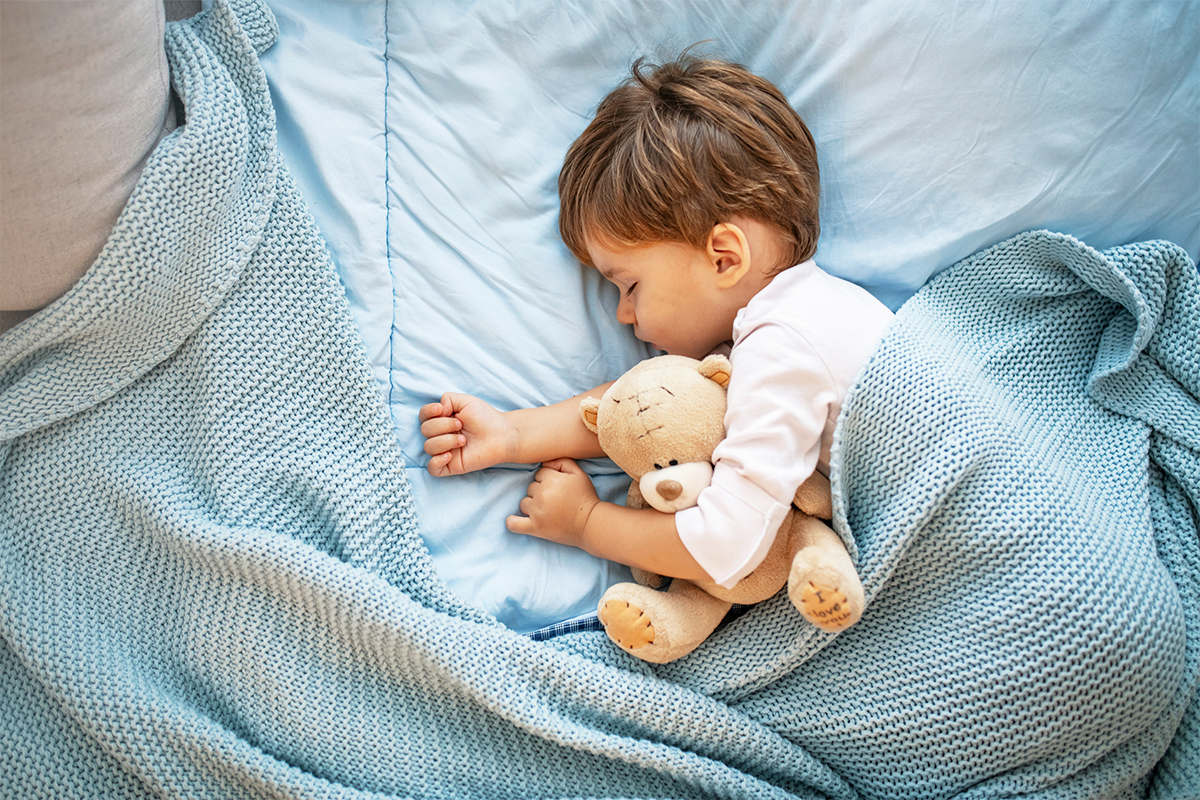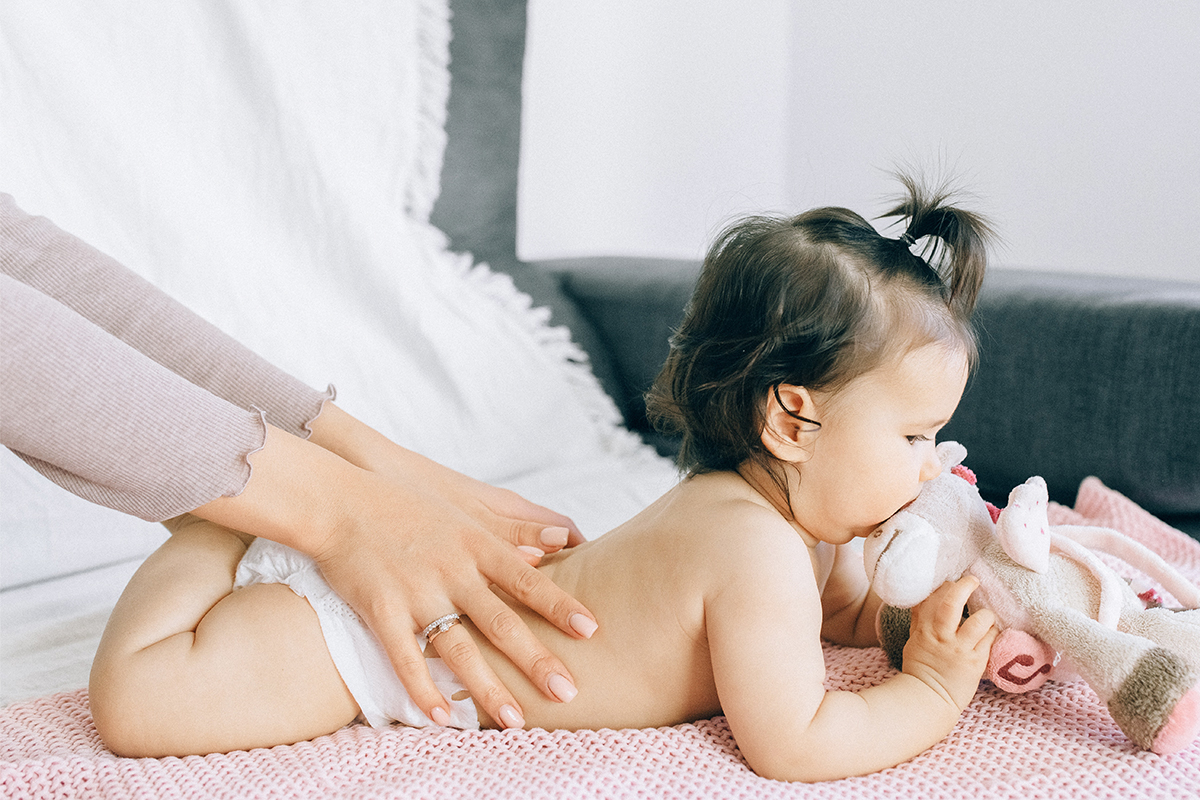Bathing babies in ice baths? And leaving them to nap outside in the cold? ...Well, it might sound strange to some of you, but the customs surrounding the birth and the first months of a newborn's life in some other countries abroad are rather different than you might expect.
Ancient and bizarre, the traditions we've depicted below are still very much of use for many mothers.
1. Bali
Balinese believe that children are angelic beings and that they come from heaven. Each baby is treated like a god for the first three months of his life because his spirits are said to still belong to the divine skies. For this reason, whenever a baby starts crying at night, the parents must lead him outside and point at the sky, showing him that he isn't that far from where he comes from.
Another interesting tradition is that Balinese babies must not touch the ground until they are 105 days old (210 in some communities). This is to prevent their souls from escaping their bodies. Once they reach the needed age, a special ceremony is held. During it, the babies' feet are finally allowed to touch the ground.
2. Egypt
Egyptians do not formally acknowledge babies before they are a week old. On the seventh day of the Egyptian baby's life, his parents host Sebou - a ceremony in which his name is being chosen. The baby is dressed in white and is placed in a sieve where he is being rocked back and forth.
After that, he is put on a blanket laid on the floor, with a knife situated on his chest. The mother then side-steps him seven times to cast away all evil spirits and demons.
The lighting of seven candles follows, each one assigned with different names. The one that burns the longest decides how the baby will be named.
Pakistani parents hold a similar ceremony, called Aqueeqa.
3. China
In China, people believe that the world has been made from five main elements - earth, water, wood, fire, and metal.
When a baby is born, a tradition called Eight Characters, or Ba Zi follows. This custom consists of closely looking at the baby's birth chart - year, month, day, and hour, to reveal whether he lacks any of the five elements
If he does, and there is fire missing, for example, his name needs to contain a word such as flame, fiery, sun, hearth, or fireside, in order for him to achieve balance and health in his life ahead.
4. Guatemala
Believe it or not, but people from tropical-oasis countries like Guatemala think that ice baths contribute to the good health of their newborns. This tradition originates from the Mayan belief that cold water helps babies sleep better.
Also, if you ask a Guatemalan midwife how to cure your infant's heat rash, she will be certain in her answer - soak him in ice water.
5. Sweden
...And talking about the cold, parents in Nordic countries like Sweden leave their newborns to sleep outside in the freezing weather, even when temperatures reach negative 16 degrees Fahrenheit. Why?
For pretty much the same reason as Guatemalan babies are being bathed in ice water - to improve quality and duration of sleep and to reduce the risk of coughing and fevers.
Don't you worry, they are all bundled up very well beforehand.
6. Korea
Contrary to Guatemala and Sweden, Korean mothers ensure their babies are always well dressed and warm, even during the summer.
Also, no other than the immediate family circle is allowed to see a newborn before he reaches his hundredth day. This is taken as a measure to protect him from evil and ill-wishing eyes. The hundredth day is marked with a huge celebration, which officially allows parents to take the baby outside of the home to meet the rest of the world.
Another thing, if you were a mom who has just delivered in Korea, you would be made a cup of a special miyuk-guk, or otherwise known as seaweed soup, every day for three weeks to aid in recovery from childbirth.
7. Scotland
Scots adore myths, legends, and superstitions, and they have plenty of which they still regard to be true. For instance, many couples will save the top layer of their wedding cake for their first child's christening.
Another curious custom, called handselling, has the means to discover if a baby will grow to be a penny-pinching person or a spendthrift. So, a silver coin is given to him, and if he seizes and holds it, it indicates that he will be miserly, if he drops it, he will definitely be a spender.
8. Spain
When a couple welcomes a baby in Spain, the main gift that they usually receive has nothing to do with clothes, toys, or other baby accessories. If you do not come from Spain yourself, you will probably never guess it, but it's the newborn's weight in cured ham, also famous as jamón Iberico.
What a present, a? The Spanish deli meat is so dearly beloved by its local people that it initiated a rather entertaining tradition, which continues to be followed today.
9. Italy
Italians have a lovely way of announcing the births of their inheritors.
As soon as a young Italian is being brought to the world, his family shares the happiness of his arrival with a frilly ribbon attached to their entrance doors. Blue for a boy, pink for a girl.
In this way, every close relative and neighbor will know it is time to come along, wish good fortune to the new arrival and leave a present.
A sweet tradition indeed, sharing the joy with all the rest dear to you.
10. Bulgaria
Bulgarian babies, similar to Korean ones, must not leave their homes until they are forty days old. Mums need to do the same, as both are considered too delicate to be exposed to the outside, which is filled with wicked spirits.
When the baby reaches his forty days, an ancient and sacred ceremony is held. Only women are invited to it, each of them to represent a good-wishing fairy.
Sweetbread is prepared for the ritual, the mother circles around each guest and asks her to whisper a wish for the baby. Then, the sweetbread is torn into two parts above the mum and the newborn's head. Sounds like a tale, truly magical.
Strange or mystical, each one of those traditions has a charm and comes from a place of love and desire for protection.
What is a popular custom from your country or area? Share in the comment section.


